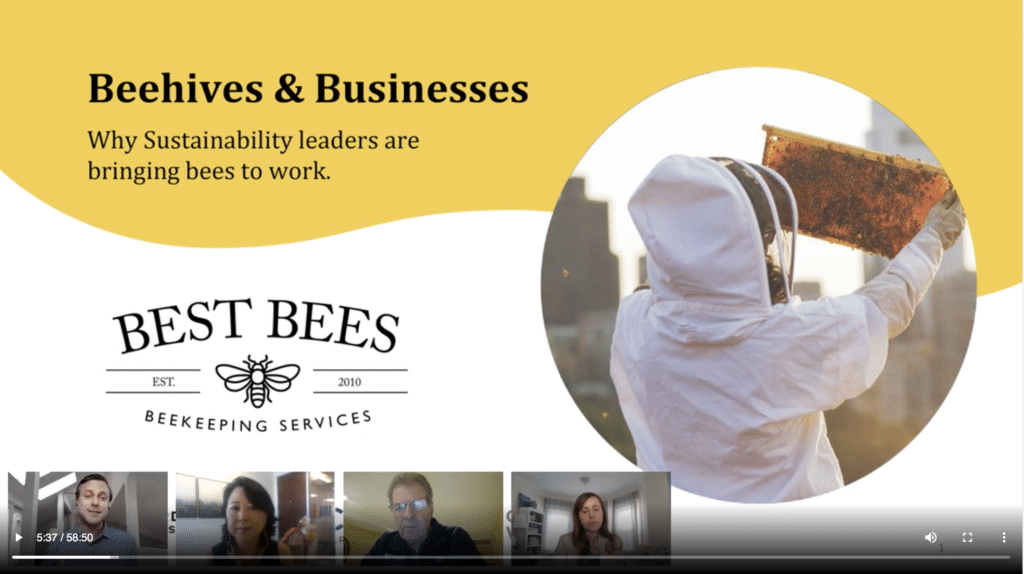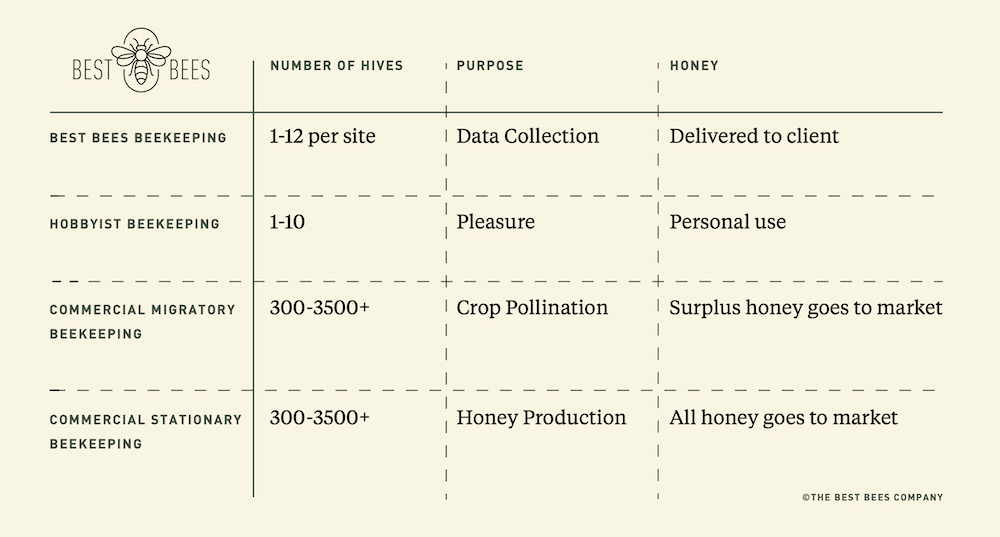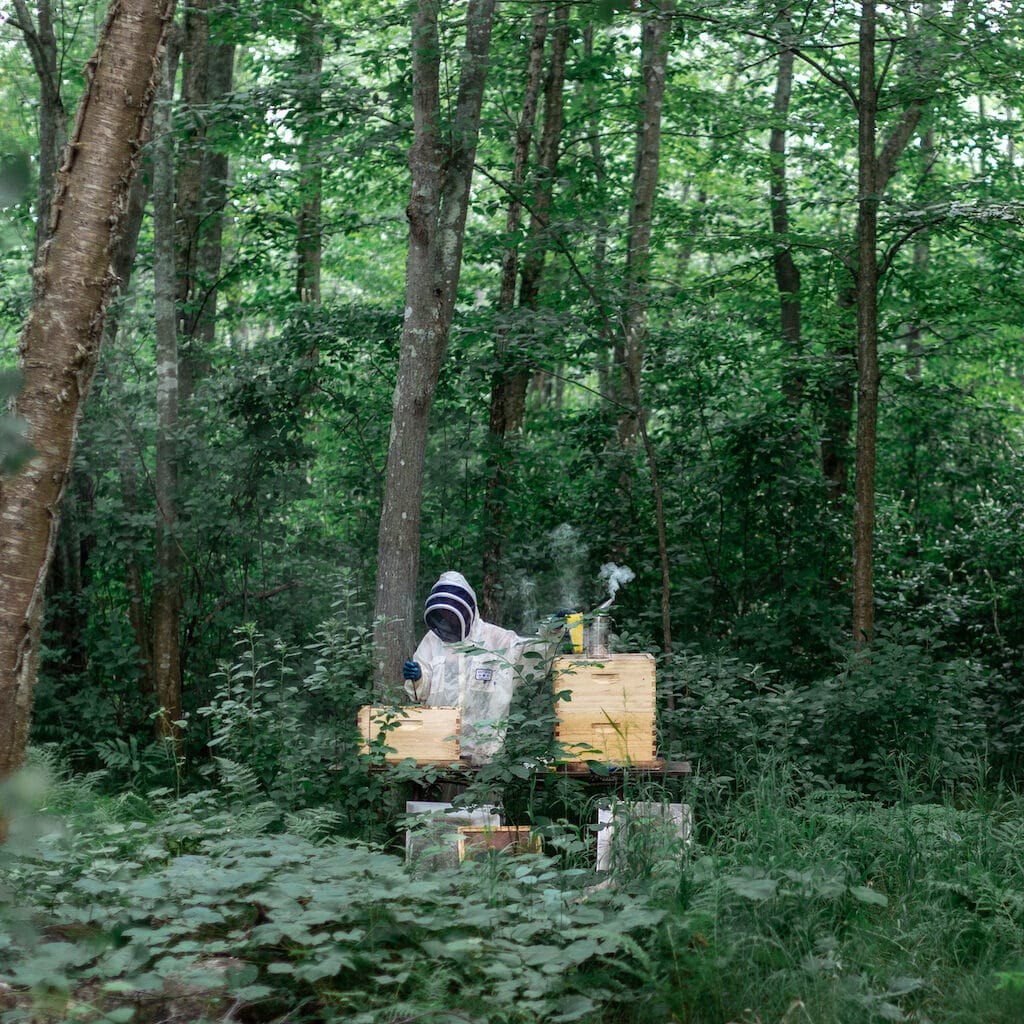When commercial property owners and managers create space for beehives, they offer a high-impact, scalable solution to helping bees thrive. And they get a great return on their investment in terms of sustainability and engagement.
In celebration of Earth Day 2020, we gathered with our partners at Harvard Business School, Beacon Capital Partners, Cushman & Wakefield in a webinar to discuss why bees matter—now more than ever.
Noah Wilson-Rich Ph.D. spoke all about bee behavior, bee health, and the latest findings on how we can help bees thrive. Plus our all-star clients shared the stories of their beehives, what role the bees play in their sustainability programs, and how the bees are supporting their strategic goals.
Click here to watch a replay of our webinar, Beehives & Businesses, broadcasted on April 21, 2020.
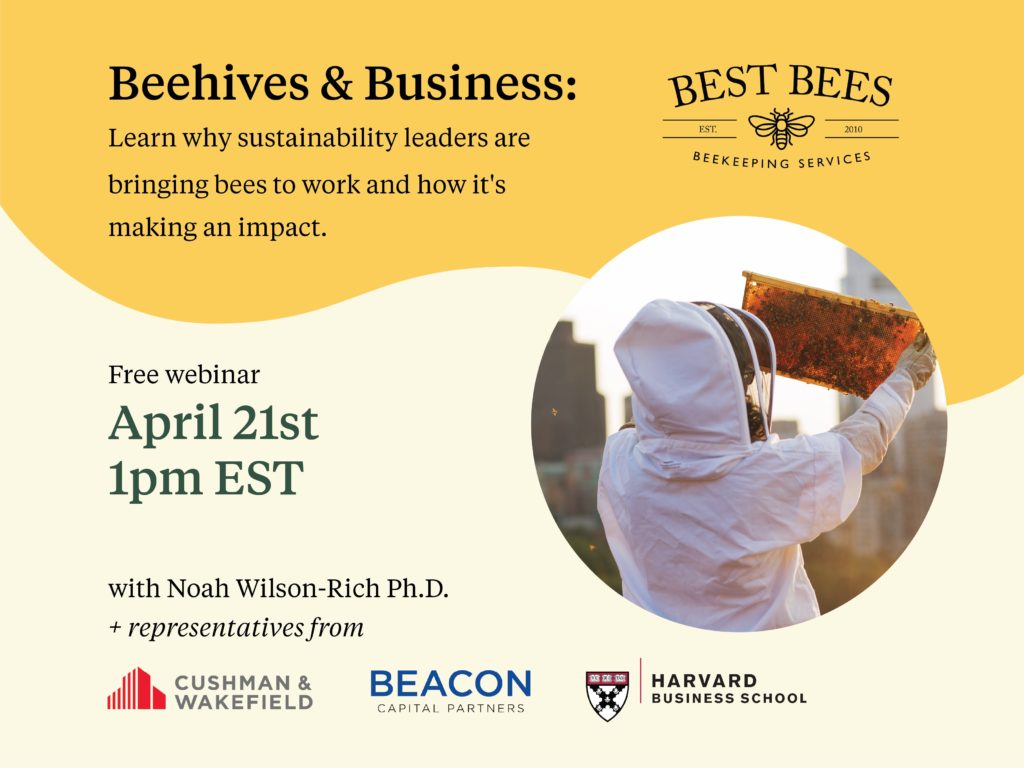
The top takeaways from the co-hosts:
Noah Wilson-Rich Ph.D., The Best Bees Company
- Bees make a substantial contribution to science, and The Best Bees Company provides one of the largest and most reliable databases to assess those contributions through our researching partners.
- Gathering this data gives us a snapshot of our climate and how it pertains to pollinator systems, especially as we progress through different stages of climate change.
- Crucial components to gathering this data come from our “citizen scientists,” community members, businesses, and organizations that keep beehives with us and contribute to a more comprehensive dataset.
Leah Ricci, Harvard Business School
- Biophilic Design as it has been incorporated at Harvard Business School with The Best Bees Company hives has direct links to health and productivity.
- Data shows that buildings and workspaces that include views and elements of nature (such as our beehives) lead to:
- Higher test scores
- Fewer sick days
- Increased productivity
- Higher job satisfaction
- Improved quality of life
- Higher creativity
- Increased engagement across departments
- Positive investor relations
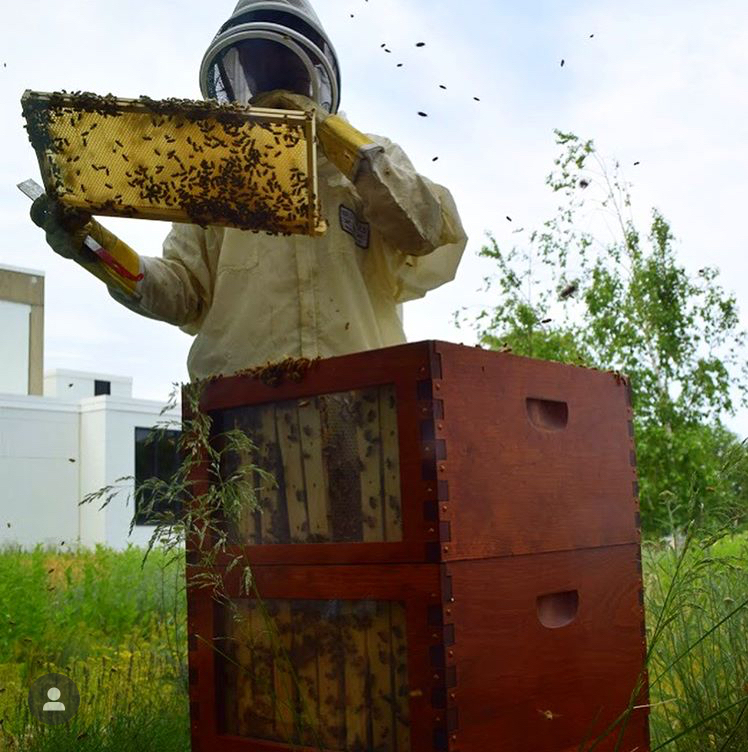
Al Scarameli, Beacon Capital Properties
- Beacon Capital Properties have spearheaded the movement of urban corporate beekeeping by expanding beehives across their entire portfolio of buildings
- In doing so they commit to sustainability through assuming corporate responsibility in the field by ameliorating the carbon footprint of the company.
- Keeping bees has been a significant connecting point for employee engagement, by making the environmental impact of the endeavor tangible.
- Beacon Capital Properties have been able to repurpose “dead spaces” that would otherwise go unutilized by their tenants and made them into an asset.
- Boasting bees allows Beacon Capital Properties to build community and sustainability across the city through their buildings, as well as make them into “living data factories.”
- Impact tenants on an individual level by making resources like honey available to them, as well as allowing them to interact with the sustainability model each building represents.
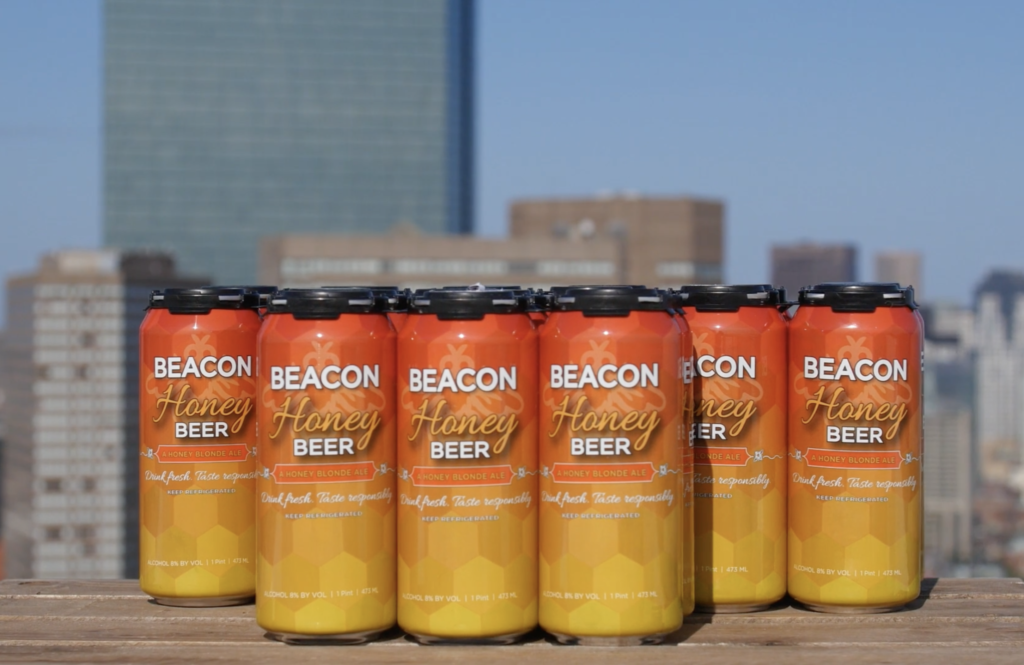
Susan Pai, Cushman & Wakefield
- Keeping bees leads to measurable results both in the community and from a business standpoint. Cushman & Wakefield have earned LEED Platinum and TOBY awards for their Urban Beehive program.
- LEED is the premier award for sustainability in commercial property, and platinum recognition indicates a business’s dedication to sustainability that far surpasses those of its competitors. There’s no clearer indication of corporate climate responsibility to investors.
- TOBY, or the Outstanding Building of the Year award, speaks for itself and is a prestigious and comprehensive rubric for assessing quality and excellence in buildings and management.
“Let’s all take small but mighty steps to heal the earth, one beehive at a time.”
– Susan Pai, Property, Senior Property Manager, Cushman & Wakefield
Top Questions Answered:
Q: How do you address safety concerns regarding stings?
A: Honeybees are vegan pollinators that are non-aggressive by nature. In addition, we exclusively use Apis mellifera ligustica, the most docile species of honeybees. Our beekeepers are trained to work safely in densely populated areas and we have a full insurance policy and can provide a Certificate of Insurance (COI) easily.
Q: What are some amenities you’re providing that, with the bees, are together proving your commitment to sustainability?
A: We offer a variety of amenities including custom honey labels, educational events and workshops, informative signage, and social media support. All of these enhancements are designed to help you tell your story of the bees and spread awareness of the importance of honeybees.
Q: Can you walk through the environmental and economic sustainability of beekeeping?
A: The answer to this question is constantly evolving and continues to bear impressive yields in both sectors. As it stands, beekeeping indicates to consumers that a company is dedicated to creating a better world. Both through what they offer as a business, and in how they contribute to bolstering scientific resources and sustainability in environments that might otherwise go underutilized. This level of engagement not only strengthens a business’s standing within its community but offers substantial returns on investment. As Susan Pai of Cushman and Wakefield says of keeping bees, “it’s a win-win.”
Click here to watch a replay of our webinar, Beehives & Businesses, broadcasted on April 21, 2020.


